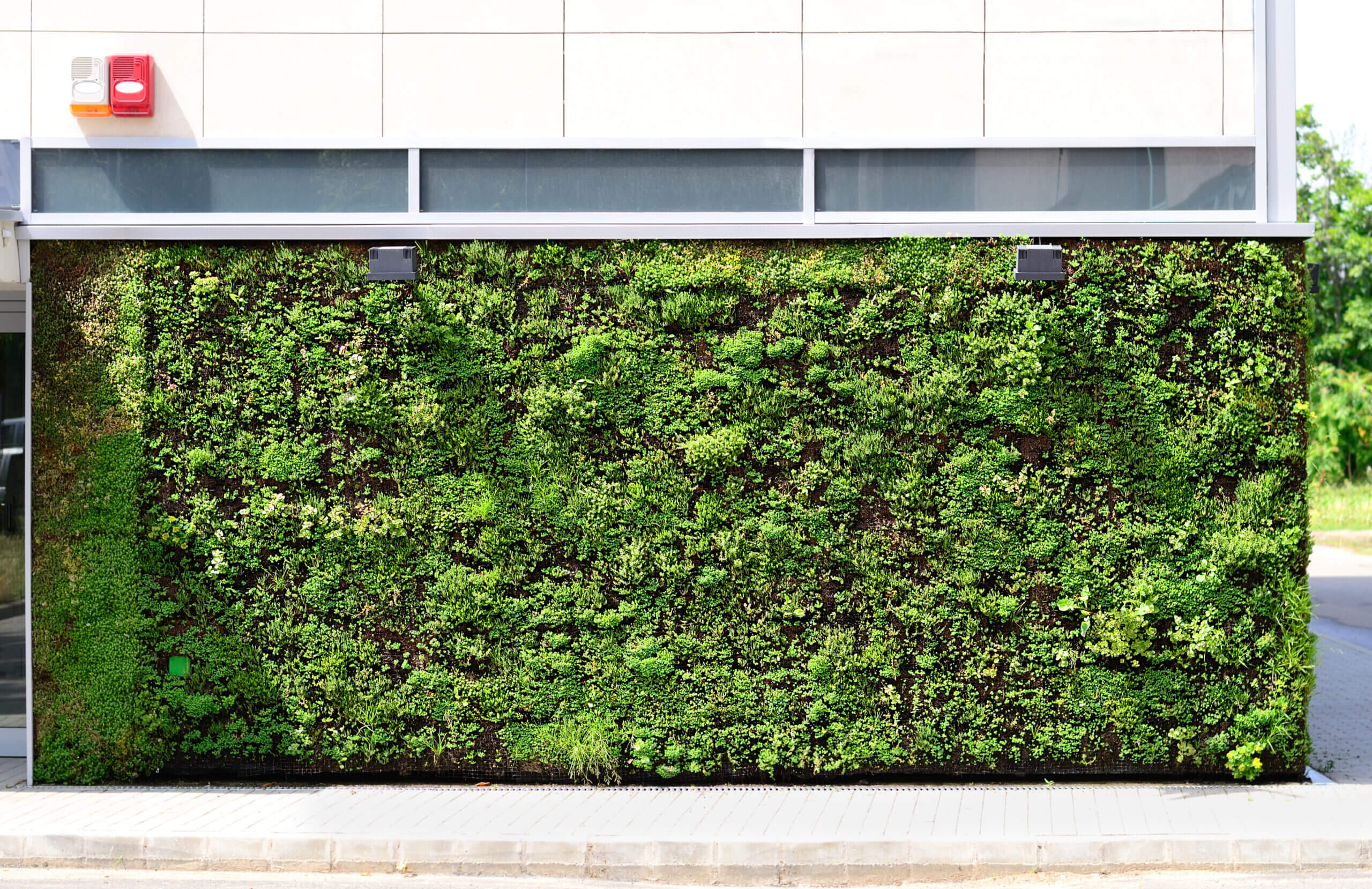The Green Revolution: Green Walls: Building and Solutions
The Green Revolution: Green Walls: Building and Solutions
Blog Article

In the contemporary era, where environmental awareness is a top priority, creative solutions like living walls are becoming increasingly popular. Known also as green walls, these installations not only bring a touch of nature to metropolitan areas but also offer numerous benefits for both nature and human well-being. This write-up will delve into the intriguing world of living wall construction, explore different living wall systems, and discuss why living walls have become the eco-trend of the decade.
Living Wall Construction: Revitalizing the Concrete Jungle
The creation of living walls requires constructing vertical gardens on both exterior and interior walls of buildings. These vibrant installations are designed to emulate the natural growth of plants on vertical surfaces. Constructing a living wall typically follows these main steps:
Structural Considerations: It's critical to evaluate the structural integrity of the wall. A strong framework is required to bear the weight of the plants, soil, and water.
Plant Selection: Choosing the right plants is essential for the success of a living wall. Factors like regional weather, sunlight exposure, and wall orientation are taken into account to choose the ideal plant species.
Irrigation System: Proper irrigation is key to ensure the plants receive the right amount of water without leading to problems.
Growing Medium: A specialized growing medium, nutrient-rich and light, is used for optimal plant growth.
Maintenance: Regular care is necessary to maintain a healthy living wall. Ongoing tasks such as pruning and fertilizing, and pest control are all part of the maintenance schedule.
Exploring Different Living Wall Systems
Over the years, living wall systems have progressed, providing a range of options for multiple applications. Here are the most popular living wall systems:
Hydroponic Systems: These use a soilless medium and deliver nutrients and water through a well-designed irrigation system. They are distinguished by their high efficiency and minimal water usage.
Modular read more Systems: Comprising of modular panels, these systems are straightforward to assemble and suitable for both indoor and outdoor spaces.
Pocket Systems: With plant pockets that can be loaded with vegetation, these systems facilitate creative designs and are often used in limited spaces.
Felt or Fabric Systems: Using felt or fabric to hold plants and growing medium, these are easy to manage and perfect for indoor use.
Biophilic Systems: These integrate living walls into architectural elements, enhancing human well-being by creating a connection with nature.
Why Living Walls are Blooming in Popularity
Living walls have achieved recognition for several reasons:
Aesthetic Appeal: They transform spaces into vibrant, green havens.
Improved Air Quality: Acting as natural air purifiers.
Temperature Regulation: Providing insulation and lower energy consumption.
Noise Reduction: Foliage absorbs sound effectively.
Biophilic Benefits: To bring nature closer, boosting mental and emotional health.
Sustainability: They contribute to reducing the urban heat island effect and supporting biodiversity.
In conclusion, living wall construction and systems have revolutionized our interaction with the built environment. As green trends grow, living walls offer a sustainable and visually stunning solution that benefits both the environment and our well-being. Whether you're thinking of transforming an office space or creating a statement in a public area, living walls are living walls the green solution for a lively and sustainable future. Report this page